Understanding the Significance of Obatala Soup Tureens in Spiritual Practices
In various spiritual traditions, everyday objects often take on sacred meanings. Obatala soup tureens are one such example, holding significant cultural and spiritual importance. This blog explores their role and relevance in spiritual practices.
The Origins of Obatala
Obatala is a revered deity in the Yoruba religion, known as a creator of human bodies. Understanding the roots of Obatala provides insight into the significant role that objects associated with him, like soup tureens, play in spiritual ceremonies.
In Yoruba mythology, Obatala is tasked with a divine mission by Olodumare, the Supreme God, to shape the world and all its inhabitants. As the kindly father of all orishas and humanity, Obatala’s influence stretches across various cultures, forming a foundational element in the creation myths shared by the Yoruba people and their descendants Obatala. This deity is said to symbolize purity and wisdom, often depicted wearing white robes and holding a staff symbolizing his guidance over human affairs. With this background, it’s not surprising that items associated with Obatala, such as the Potiche Obatala, hold immense spiritual importance.
The myth of Obatala serves not only as a tale of creation but as a representation of wisdom, balance, and the potential for imperfection. He is also known for a famous incident involving palm wine, which led to the creation of individuals with disabilities, highlighting themes of responsibility and self-control. This myth underscores the importance of moderation and the repercussions of one’s actions in the wider Yoruba mythology, illustrating how Obatala’s story extends beyond spirituality into moral teachings that remain relevant today Obatala.
Symbolism and Meaning in Rituals
Soup tureens dedicated to Obatala symbolize purity and wisdom. Used in various rituals, these tureens are more than just vessels—they represent moral guidance and the spiritual nourishment required for personal growth.
The use of Obatala soup tureens in rituals reflects the deep-rooted traditions within the Yoruba religion where objects serve as conduits for spiritual communication. Each tureen can be seen as a symbol of Obatala’s essence, crafted to invoke his protection and blessings during ceremonies centered on peace and enlightenment. For instance, the Sopera Obatala Sopera Obatala, with its white porcelain and silver accents, is designed to invite a sense of divine authority and purity into the ritual space. These rituals often involve offerings of simple foods like white yams and snails, prepared without salt to maintain their sacred purity in honor of Obatala’s strict dietary preferences Orisha Tureens.
Craftsmanship and Cultural Heritage
The craftsmanship involved in creating Obatala soup tureens reflects the rich cultural heritage and artistic expression of the Yoruba people. Each piece is crafted with careful attention to detail, linking the artistry to spiritual significance.
Artistry and spiritual devotion converge in the creation of Obatala soup tureens. Crafted with precision, these tureens often feature designs that symbolize the teachings and virtues of Obatala. From the elegant simplicity of the Sopera Obatala adorned with gold accents to the striking silver embellishments of larger tureens, each piece embodies the deity’s connection to divine guidance and creative energy. This intricate craftsmanship not only ensures the functional preservation of offerings but also pays tribute to a lineage of skilled artisans who perpetuate cultural legacy through their art Obatala/Obatalá.
The process of creating an Obatala soup tureen is deeply ritualistic, involving meticulous attention to the choice of materials and a reverence for traditional patterns. Porcelain, often used for these tureens, symbolizes the purity and transparency associated with Obatala himself. In addition to material choice, the incorporation of specific colors such as white and silver or gold signify peace, clarity, and divine insight. This careful attention to detail ensures that each tureen remains authentic not just as a container, but as a significant religious artifact in Yoruba worship Obatala.
Incorporating Obatala Tureens in Modern Practices
Even today, many people incorporate Obatala soup tureens into their spiritual practices. This section explores how these objects are adapted and respected in various contemporary settings, maintaining their traditional significance while fitting into modern life.
In today’s world, the use of Obatala soup tureens transcends traditional boundaries, finding their place in modern homes and alternative spiritual practices. Whether displayed as symbols of cultural heritage or used actively in rituals, these tureens remind practitioners of their ancestral roots and the values espoused by Obatala. For many, incorporating items like the Sopera Obatala is a way to honor their connection to their Yoruba heritage, even when their day-to-day lives take them far from the lands of their forebears Obatala: The Creator.
Adaptation into modern spirituality means creating a personal relationship with the practices and objects that bring depth to one’s beliefs. In integrating Obatala soup tureens within daily life, practitioners may include them as focal points in meditation spaces or as central elements in personal altars. This flexibility in their use highlights the timeless nature of these objects and reassures that even amidst a rapidly changing world, spiritual connections remain accessible and meaningful. Whether in communal celebrations or individual ceremonies, these tureens continue to bridge tradition with contemporary practice, preserving the core values of peace, wisdom, and compassion central to Obatala’s teachings.
Embracing Tradition with Obatala Soup Tureens
Obatala soup tureens serve as a remarkable bridge between the practical and the spiritual, embodying both cultural heritage and personal spirituality. Embracing these traditions allows individuals to connect more deeply with their practice, honoring the wisdom and beliefs that have been passed down through generations.





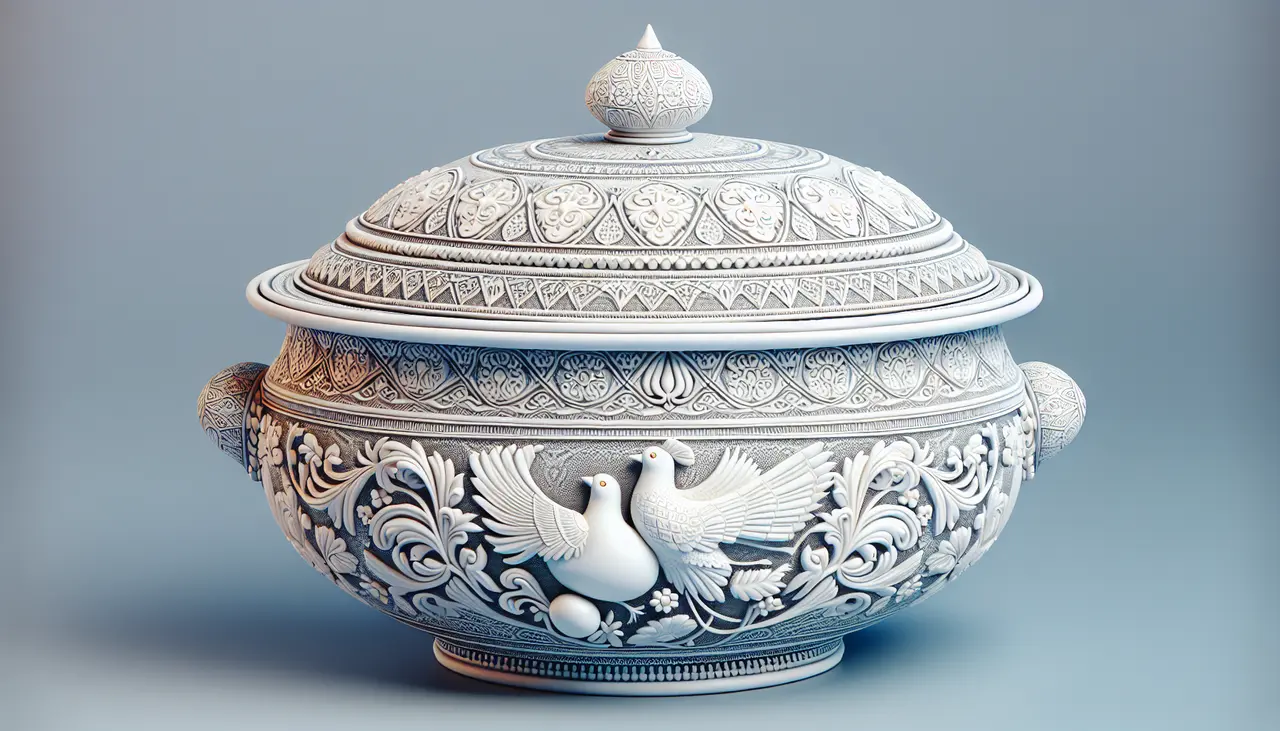


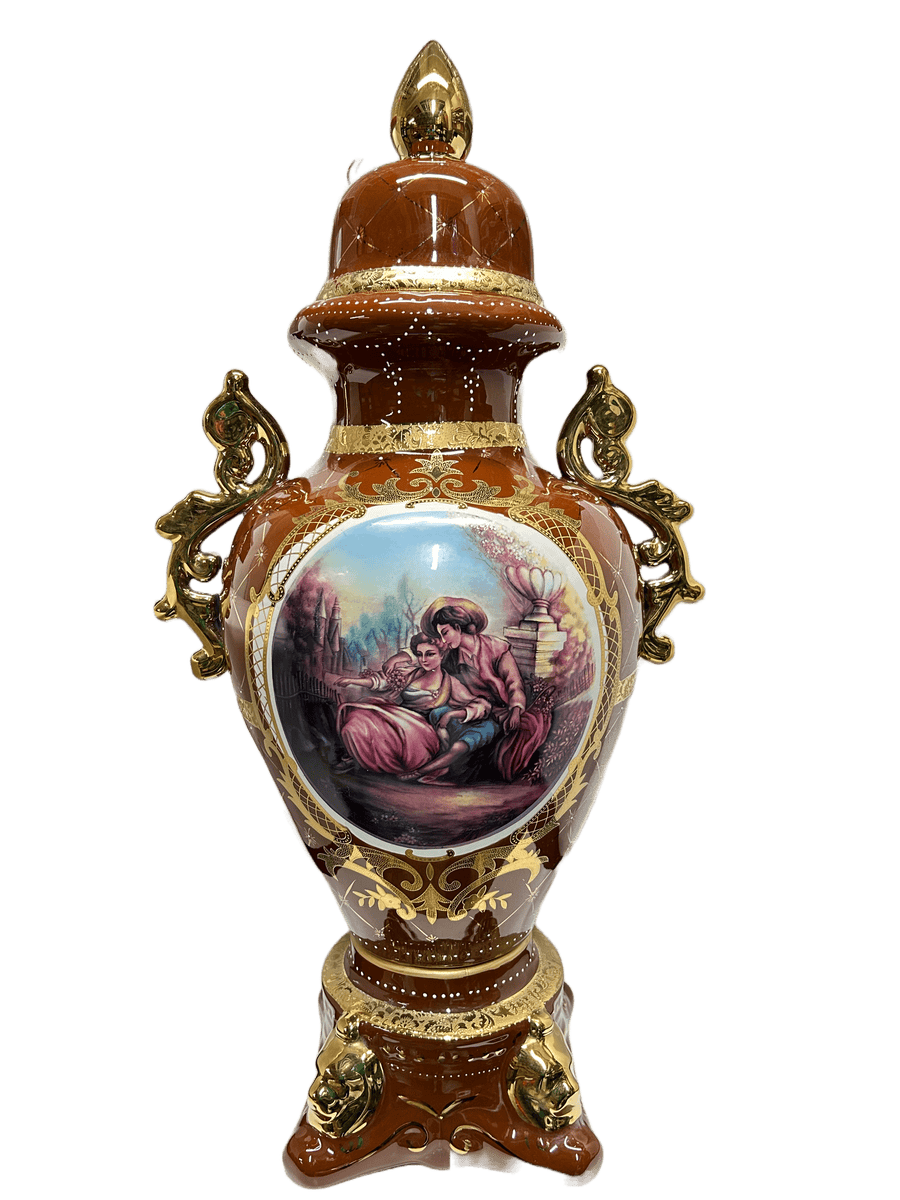
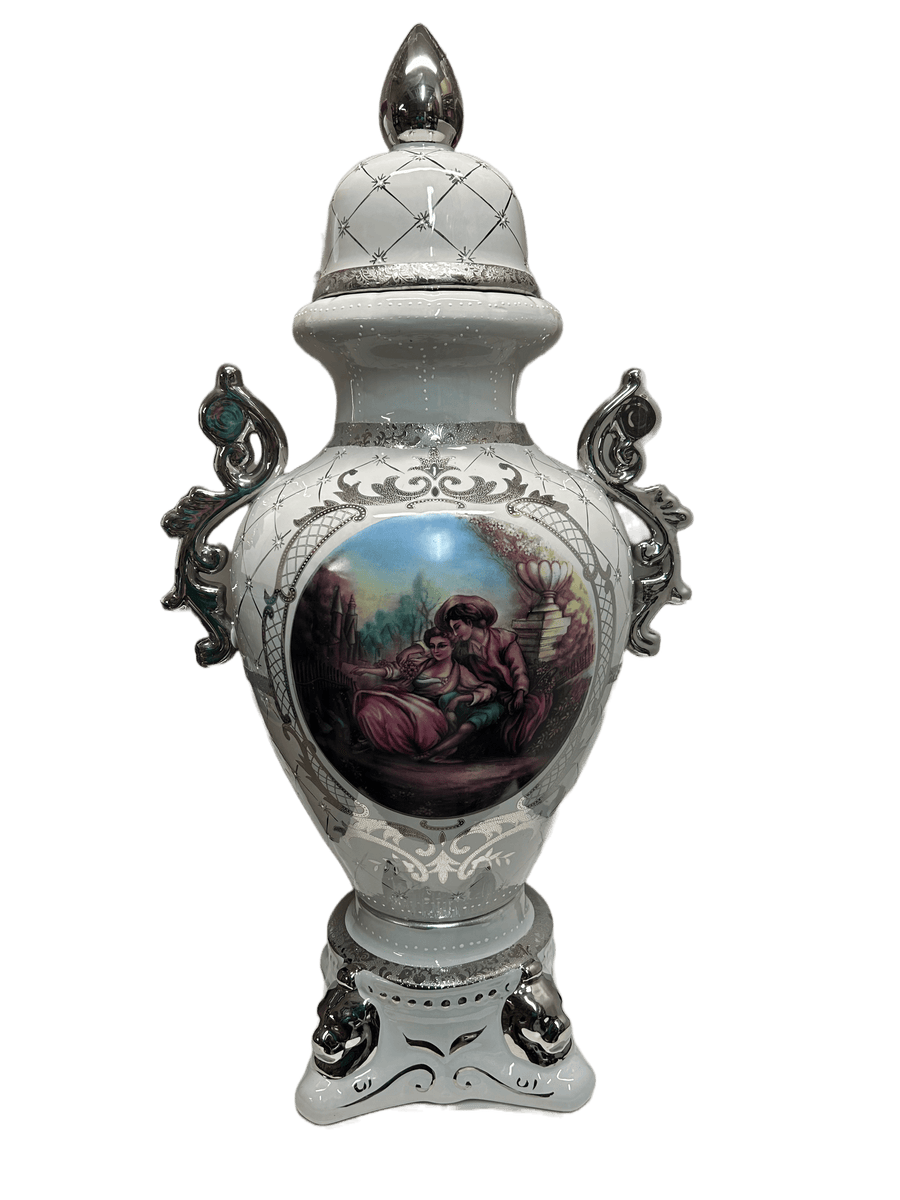
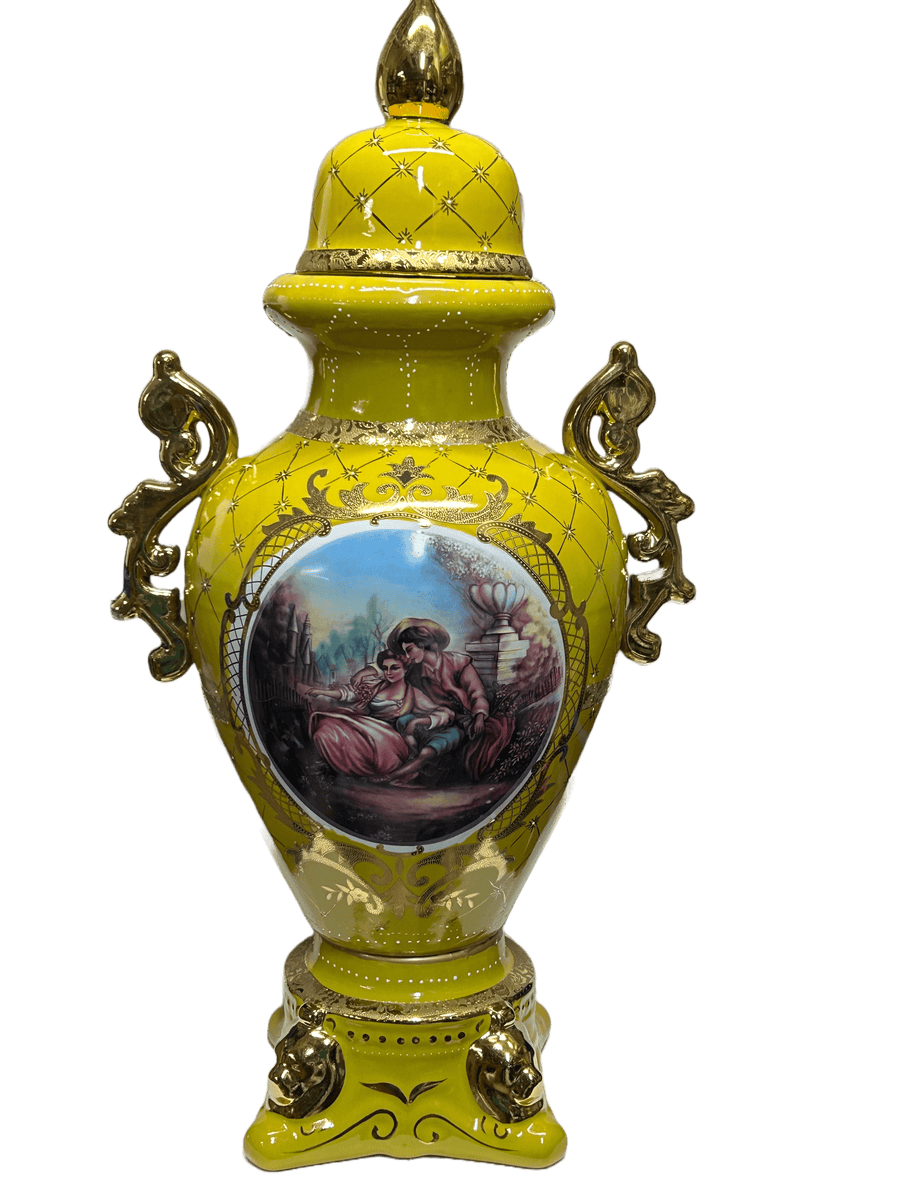
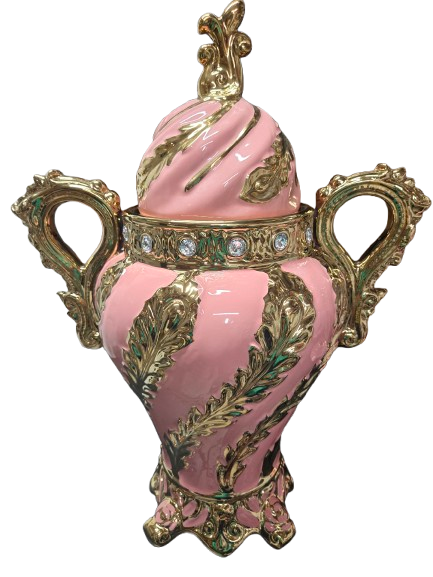

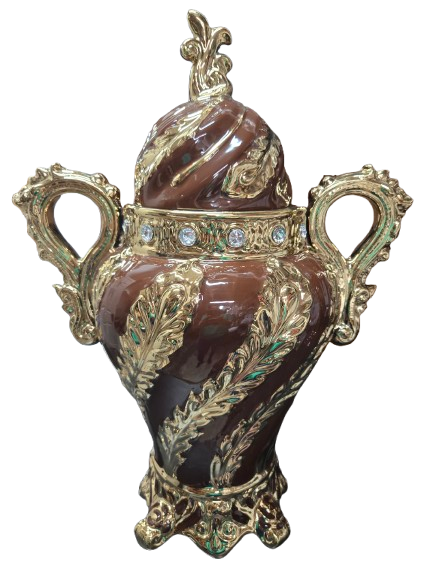
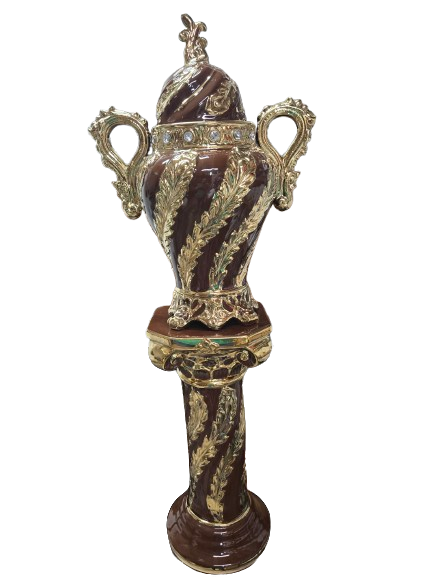
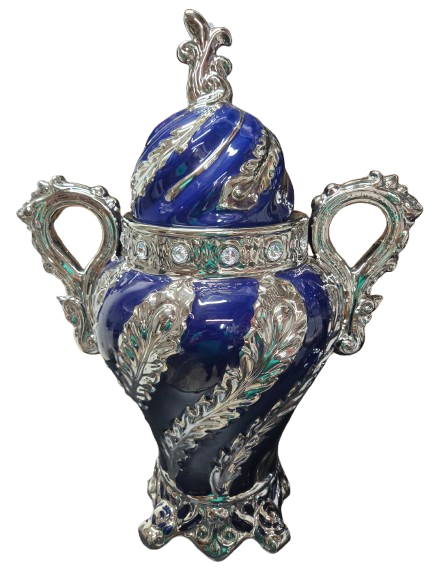
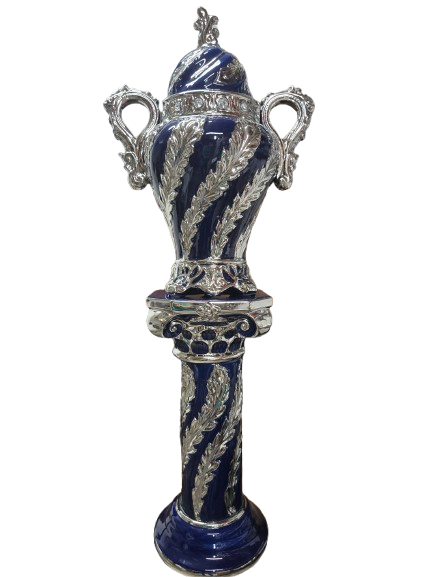



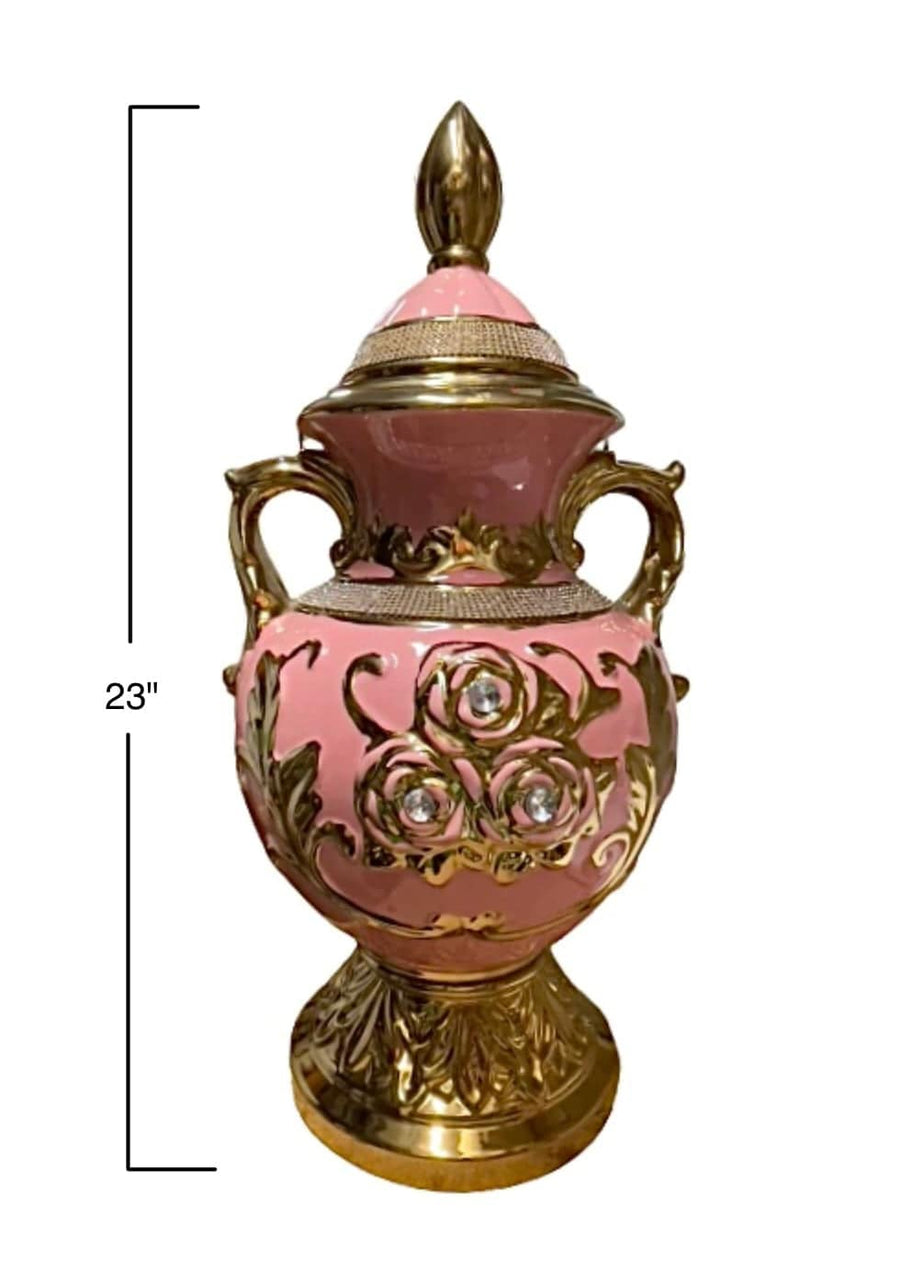
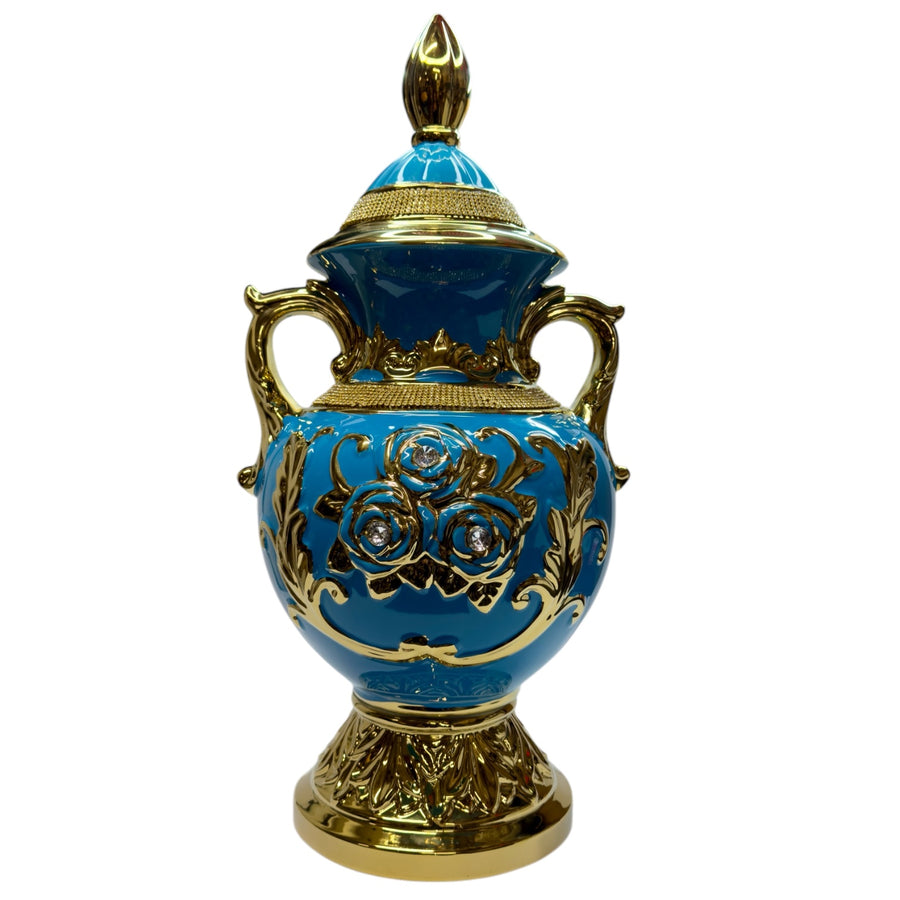
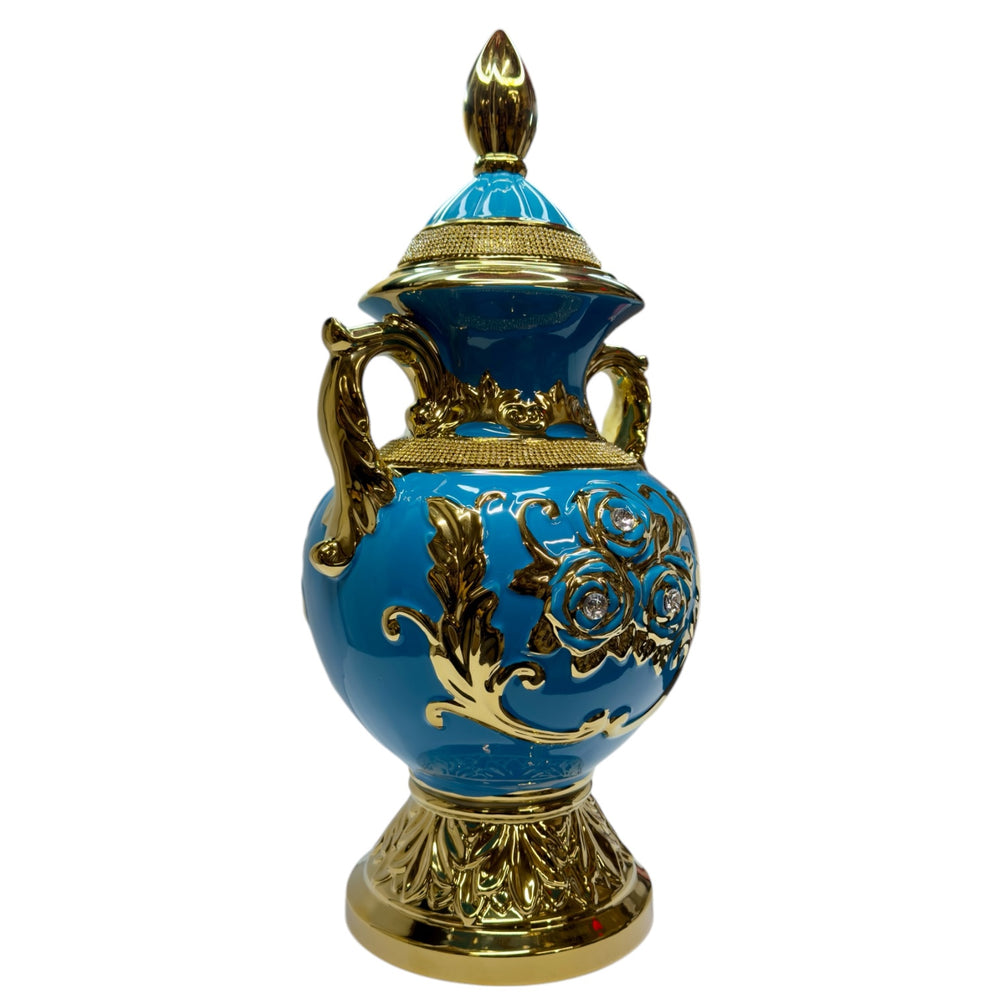
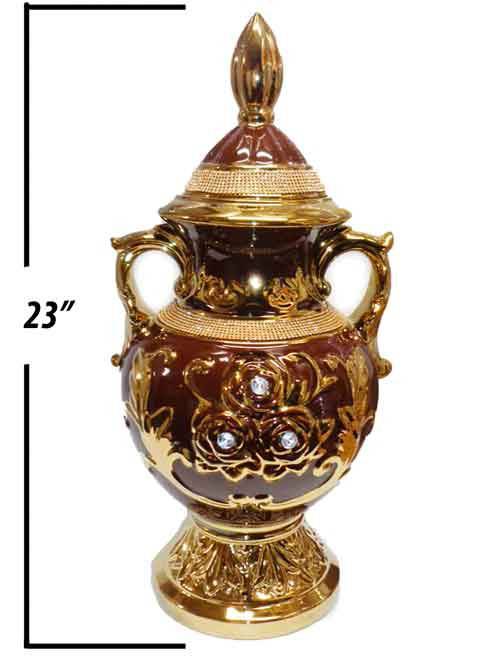
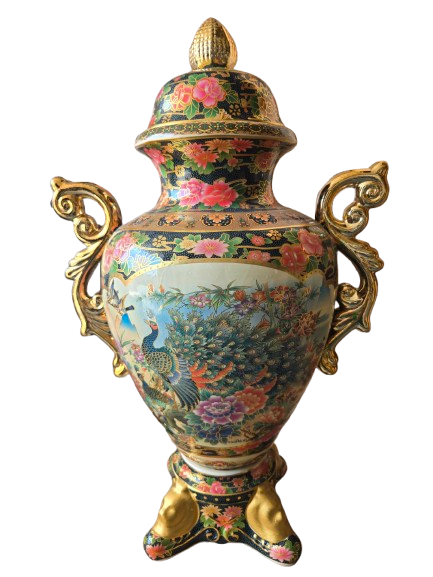
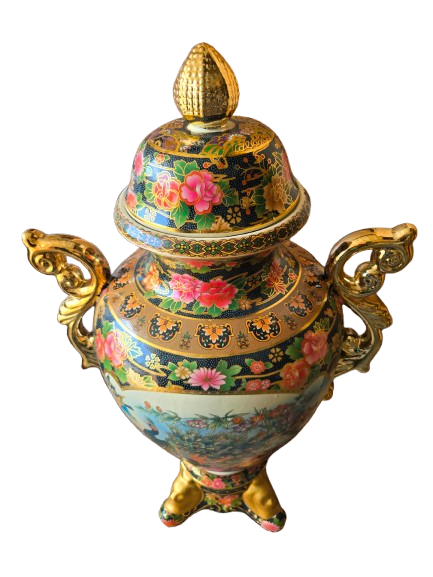




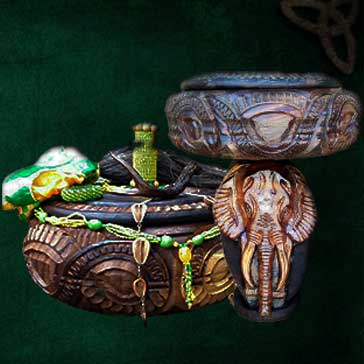

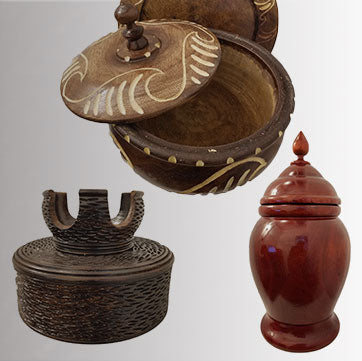
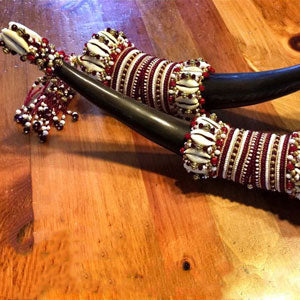



Dejar un comentario